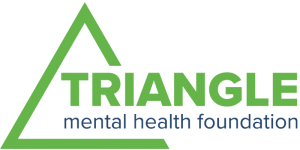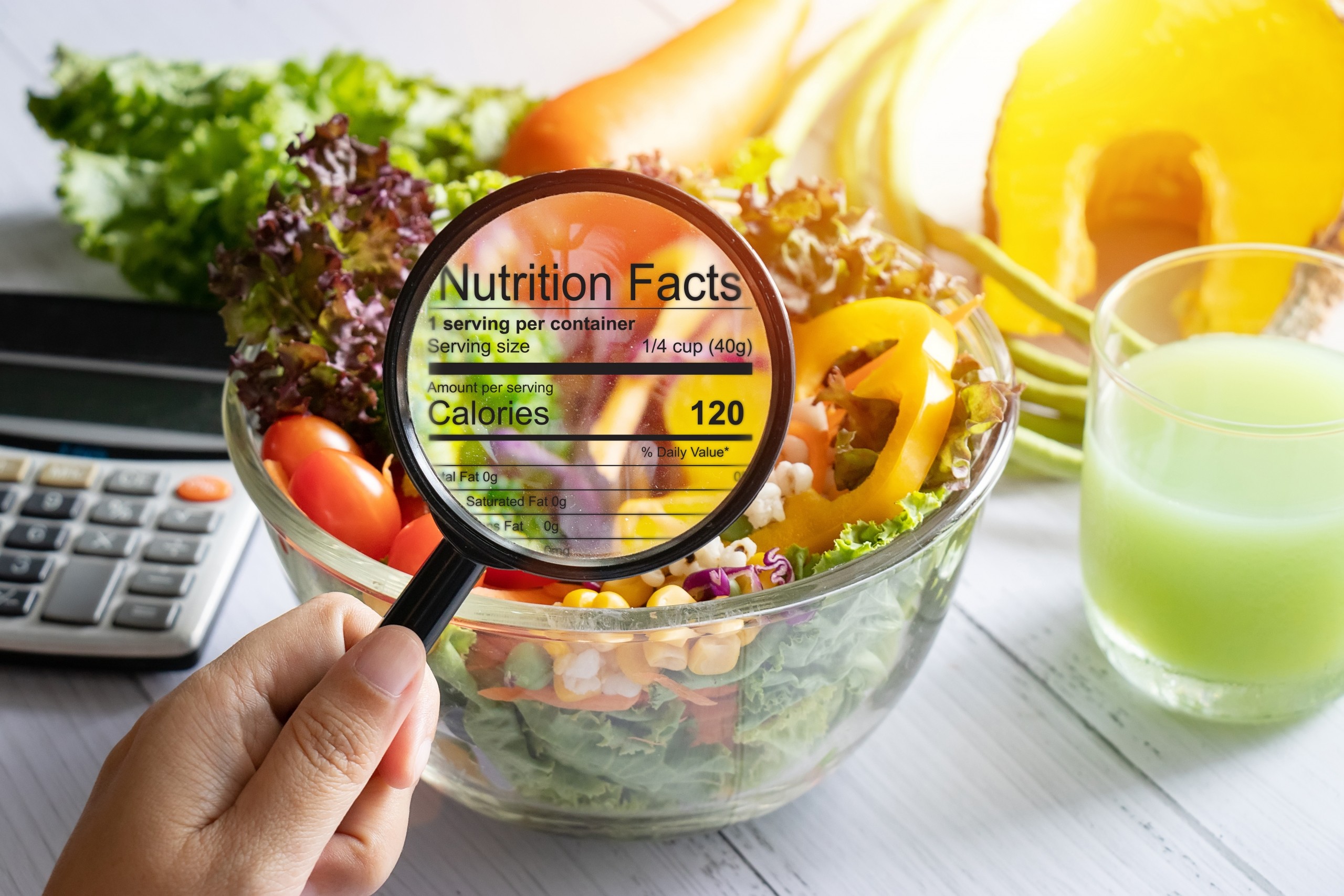Nutrition and Mental Health
As a mental health charity, we recognise the link between a healthy diet and mental well-being. We do not engage in nutritional advice, but broadly recommend that our clients review their eating habits and adopt a healthy diet plan if this is appropriate to them. As always, we recommend that clients seek professional advice from qualified nutrition experts.
Microbiomes and Mental Health
One area in which we are interested in is that of probiotics, in such foods as kimchi. The use of probiotics to combat the symptoms associated with mental health conditions is not yet fully established, but is showing promise for the future of mental health.
The human digestive system contains trillions of microbes, known as microbiome or microbiota. In unison, they weigh on average double that of the human brain. The microbiota live in the gut and help to perform vital functions such as food digestion, infection control and vitamin balance within the body. Recent studies show that the impact of these microbes reaches much further than the gut; even as far as the brain.
The research was carried out by neurobiologists at Oxford University to determine a link between stress, anxiety and depression and the human brain to the gut, with the view that gut microbiota is partially responsible for maintaining brain functions including mood, appetite and emotions. This work has the potential to revolutionise the way psychiatric and neurological disorders such as anxiety, depression and autism are treated in the future.
Probiotics
Compelling research along with further development promises a strong correlation between future management of mental health conditions with a dedicated probiotic enhanced diet.
- Probiotic – contains live beneficial bacteria to add to the body
- Prebiotic – encourages the growth of beneficial bacteria in the body
It has been noted that probiotics can influence the neuroendocrine stress response for people who suffer from depression and anxiety by disrupting the way emotional information is processed in the brain. To further support this theory, an experiment was carried out where 45 women between the ages of 18-45 were chosen to take a prebiotic or a placebo every day for three consecutive weeks.
At the end of the study, the female participants were asked to perform specific tests and their interaction with positive and negative words were recorded. Scientists looked at how the participants processed emotional information in the brain. The results showed that;
- Those who took the prebiotic paid less attention to the negative information relayed to them, compared to those who took the placebo
- The prebiotic group had lower levels of the stress hormone cortisol (higher levels of cortisol are linked to anxiety and depression) compared with the women who took the placebo.
- The effects of the prebiotics used within the study mildly mimic the effects of antidepressants or anti-anxiety medication.
Similar research was carried out by scientists in France. A number of women were chosen to either take probiotics, eat dairy products without living bacteria or consume no dairy products at all. The women were then subject to brain scans showing that;
- The probiotic group had reduced activity in the part of the brain responsible for processing emotions
- That people who consume probiotics for 30 days or more have a significant reduction in somatisation (The physical symptoms associated with psychological distress including pain or tightness) and reduced levels of depression, anxiety or anger
The general consensus remains that although probiotics are a long way from replacing conventional medication anytime soon, they have the potential to perform well as part of a self-help management plan used in sync with and alongside traditional mental health wellness methods.
Always consult your GP if you have any concerns about your health or before changing your diet and taking probiotics, especially if you have a medical condition.
© Triangle Foundation 2022


